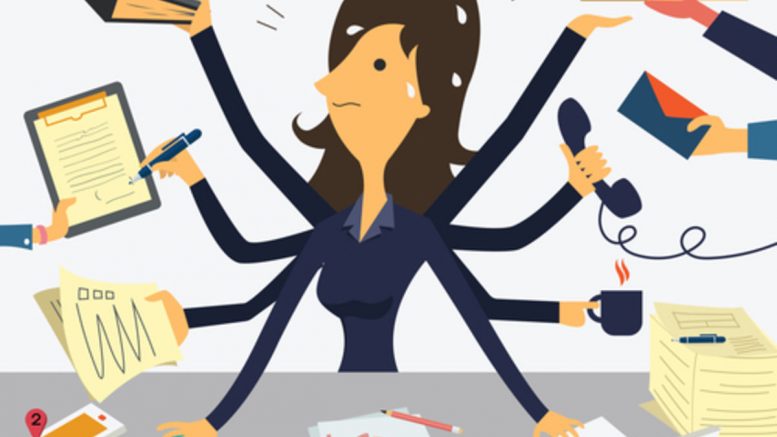Newly imposed restrictions alter individual’s mental health even more than the first lockdown. Researchers discovered after a study that 64% of those involved shown signs of depression. Moreover, the fear of not having a financial stability causes anxiety in the ranks of middle, working and lower classes.
A clear example is Emily Owen, 19, an energetic waitress from Kings Lynn, Norfolk who took her own life feeling insecure and being unable to cope with the thought of staying indoors and giving up on her daily habits.
As Emily, many others are struggling to find a solution to their problems. A notable cause of stress is the historic rate of unemployment. In July 1.07 million Londoners have been furloughed, and at the beginning of October 1,735 people applied for the same vacancy at a restaurant in Mayfair within 3 hours.
Clearly being also socially distanced from one another is challenging, and it seems people are concerned more about their mental health rather than catching the virus.
More distress through work insecurity affects not only adults but the “country’s future” – young people, especially students, are uncertain of what lies ahead. Mental health services indeed put up a fight with these “invisible enemies” since last year.
An even more upsetting example is Phillip Herron, 34, a single dad of three children who, again, took his own life. The cause was a rising debt of £20,000 and his application for universal credit requested a 5 week wait time and that stressed him even more. He kept all of this for himself and in his suicidal note he told his kids Santa won’t be coming for Christmas, and that they’d be better off without him. By the time he died he had only £4.61 in his bank account.
Now ask yourself the question …
Words: Bebe Adelin Ilie | Subbing: Zakia N

